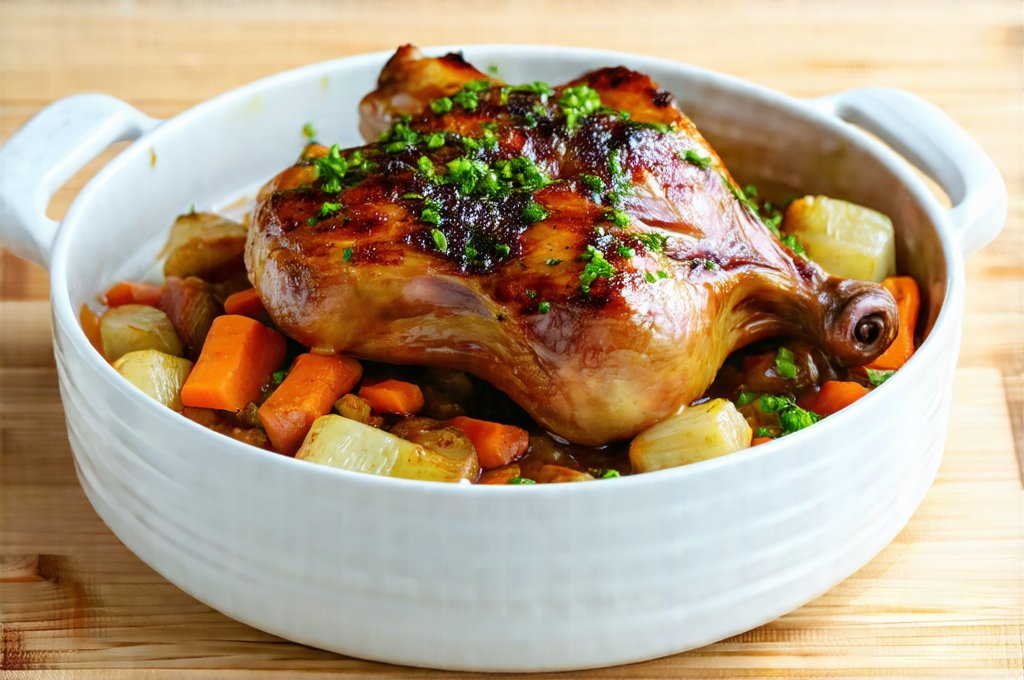Irritable Bowel Syndrome (IBS) is notoriously sensitive to environmental factors, and for many sufferers, colder weather can significantly exacerbate symptoms like bloating, gas, abdominal pain, and changes in bowel habits. This isn’t merely anecdotal; the shift in routines, decreased physical activity, altered diets centered around comfort foods, and even stress related to seasonal affective disorder (SAD) all contribute to a perfect storm for IBS flare-ups. Understanding this connection is the first step toward proactively managing symptoms – and that often begins with dietary adjustments tailored specifically for cold weather challenges. It’s about finding warmth and nourishment without triggering digestive distress.
This article focuses on crafting delicious, gut-friendly recipes designed to prevent bloating during colder months. We’ll explore how to modify traditional comfort foods to be IBS-friendly, emphasizing low-FODMAP ingredients, warming spices, and easily digestible options. The goal isn’t restriction, but rather mindful adaptation – allowing you to enjoy the season without sacrificing your digestive well-being. Remember that everyone reacts differently to food, so listening to your body and identifying your individual triggers is paramount. These recipes are a starting point, offering inspiration for building a personalized, bloat-free winter menu. If you struggle with bloating while traveling, consider reviewing tips on how to prevent bloating when traveling.
Warming Winter Meals: Adapting Comfort Food
Traditional winter fare often relies heavily on ingredients known to trigger IBS symptoms – high-FODMAP vegetables like onions and garlic, rich dairy products, and wheat-based comfort foods. Fortunately, there are clever substitutions and modifications we can make without sacrificing flavor or satisfaction. For example, swapping onion and garlic for asafoetida (hing), a spice with a similar savory depth, is a game-changer. Using lactose-free alternatives or small amounts of well-tolerated dairy can minimize discomfort. And exploring gluten-free grains like quinoa or rice provides comforting texture without the potential bloat. The key is to be proactive and think about how ingredients might affect your digestive system.
Instead of completely eliminating your favorite winter dishes, consider deconstructing them. A creamy potato soup, for instance, can become IBS-friendly by using lactose-free milk or almond cream, focusing on a smaller portion size, and adding warming spices like ginger and turmeric – both known to aid digestion. Stews traditionally made with beans can be adapted using lentils in moderation, as they are generally easier to digest. Focusing on lean proteins and incorporating plenty of gut-friendly vegetables (carrots, spinach, zucchini) will further support a healthy digestive system throughout the colder months. It’s also helpful to understand how to time meals to minimize end-of-day discomfort.
Finally, don’t underestimate the power of mindful eating. Savoring each bite, chewing thoroughly, and avoiding large portions can significantly reduce bloating and discomfort. Eating in a relaxed environment, free from distractions, also promotes better digestion. This is especially important during winter when we might be tempted to rush through meals seeking quick comfort.
Gut-Friendly Soups & Stews for Cold Weather
Soups and stews are quintessential winter foods, offering warmth, hydration, and nutritional value. However, many recipes rely on high-FODMAP ingredients that can trigger IBS symptoms. Thankfully, crafting gut-friendly versions is achievable with a few simple adjustments. One excellent starting point is chicken noodle soup, but made with gluten-free noodles, lactose-free broth, and the addition of ginger and turmeric for anti-inflammatory benefits. Similarly, a hearty vegetable stew can be built around low-FODMAP vegetables like carrots, spinach, zucchini, and bell peppers, seasoned with herbs and spices instead of onion and garlic.
Consider incorporating ingredients that actively support gut health. Bone broth, rich in collagen and amino acids, is incredibly soothing for the digestive system. Fermented foods like sauerkraut (in small quantities) can introduce beneficial probiotics. And soluble fiber-rich vegetables like carrots help regulate bowel movements. Remember to portion control – even healthy foods can cause issues if eaten in excess. Creating a daily protocol to strengthen gut flora is also a great way to proactively manage IBS symptoms.
When making soups or stews, start with a clear broth base and gradually add ingredients. This allows you to assess your tolerance levels and adjust accordingly. Avoid creamy soups made with large amounts of dairy; instead, opt for lighter versions using almond cream or coconut milk as alternatives. These can provide similar texture without the digestive distress.
Warming Spices for Digestive Relief
Spices aren’t just about flavor – they possess incredible medicinal properties that can aid digestion and reduce IBS symptoms. Ginger, a well-known remedy for nausea and bloating, can be added to soups, teas, or even smoothies. Turmeric, with its powerful anti-inflammatory compounds, helps soothe the gut and reduce inflammation. Cinnamon aids in digestion and can help regulate blood sugar levels, preventing energy crashes that might exacerbate stress and IBS symptoms.
Experimenting with different spice combinations is a great way to add variety to your meals while simultaneously supporting digestive health. A dash of cardamom can add a warming sweetness to soups or stews, while a pinch of nutmeg provides a comforting aroma. However, it’s important to note that some spices can be irritating for certain individuals; start with small amounts and observe how your body reacts.
Always choose high-quality spices from reputable sources, ensuring they are free from additives and contaminants. Freshly ground spices generally offer the most potent flavor and health benefits. Incorporating these warming spices into your winter recipes not only enhances their taste but also contributes to a calmer, more comfortable digestive experience. If you find that high protein diets exacerbate your bloating issues, consider reviewing how high protein diets can impact digestion.
Low-FODMAP Vegetable Choices
Navigating the world of FODMAPs can be challenging, especially during winter when many popular vegetables are high in FODMAP content. However, there’s still plenty of room for delicious and nutritious vegetable options. Carrots are a fantastic choice, providing sweetness and soluble fiber without triggering IBS symptoms. Spinach, in moderation, is generally well-tolerated and packed with vitamins and minerals. Zucchini is another versatile option, easily incorporated into soups, stews, or stir-fries.
Bell peppers (red, yellow, orange) are lower in FODMAPs than green peppers and offer a vibrant color and flavor to meals. Potatoes, while often demonized, can be enjoyed in moderation as long as they’re not fried or heavily processed. Avoid cruciferous vegetables like broccoli and cauliflower if you know they trigger symptoms – these tend to cause gas and bloating for many IBS sufferers.
Focusing on portion control is crucial when consuming even low-FODMAP vegetables. Eating large quantities can still lead to discomfort, so start with smaller servings and gradually increase as tolerated. Roasting or steaming vegetables often makes them easier to digest than frying or boiling. Remember that individual tolerance levels vary, so it’s essential to listen to your body and identify which vegetables work best for you.
Hydration & Herbal Teas
Staying adequately hydrated is vital year-round, but especially during winter when we tend to drink less water. Dehydration can exacerbate IBS symptoms, leading to constipation and bloating. Aim to drink at least eight glasses of water per day, or more if you’re physically active. Warm beverages like herbal teas are a particularly comforting way to stay hydrated during colder months.
Peppermint tea is known for its ability to soothe digestive upset and reduce bloating. Ginger tea aids in digestion and can alleviate nausea. Chamomile tea has calming properties that can help reduce stress – a significant IBS trigger. Avoid caffeinated beverages, as they can stimulate the bowel and worsen symptoms.
Consider infusing your water with slices of cucumber or lemon for added flavor and hydration benefits. Herbal teas are generally safe to consume in moderation, but it’s always best to check with your healthcare provider if you have any underlying health conditions or concerns. Making a warm cup of herbal tea part of your daily routine can provide both physical comfort and mental relaxation – contributing to overall digestive well-being during the winter months. If you struggle with bloating from specific drinks, review drinks to avoid. Learning how to eat slowly can also help (eat slowly).


















